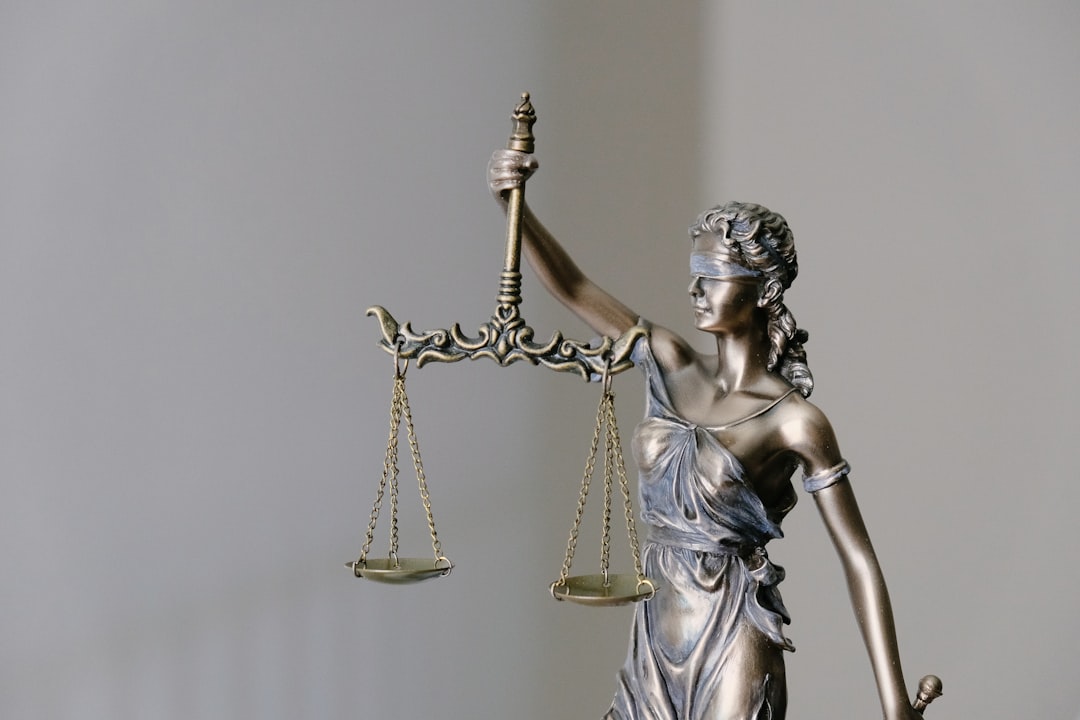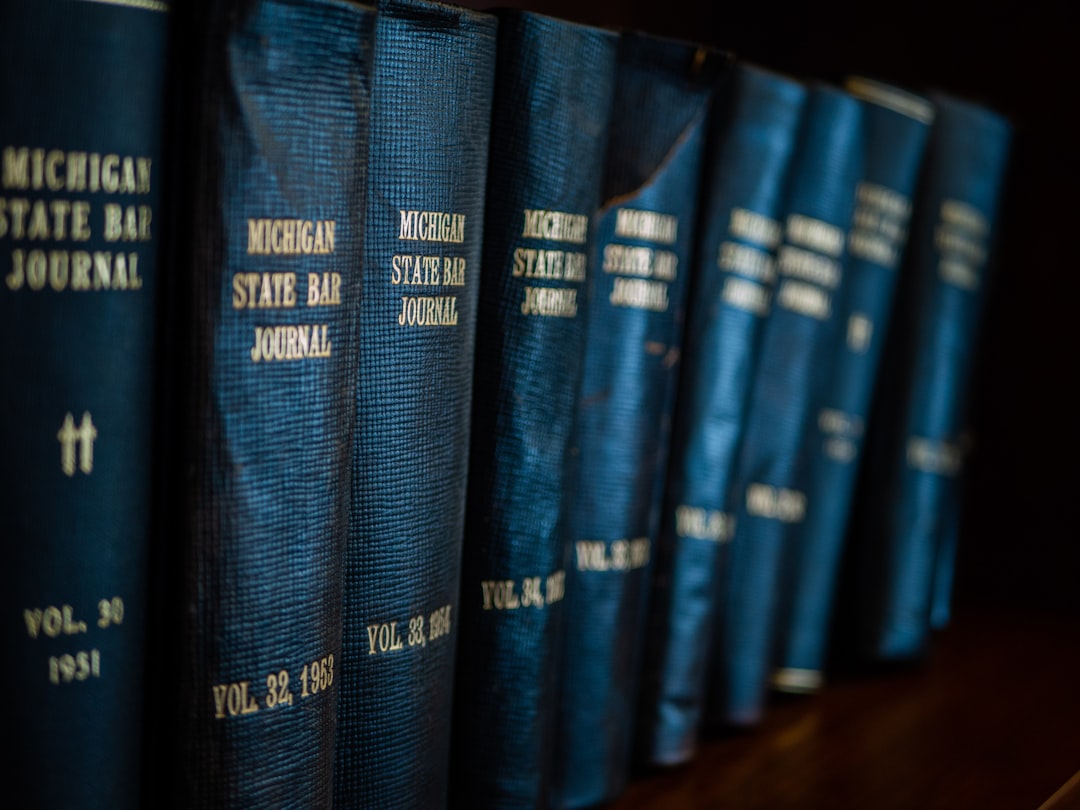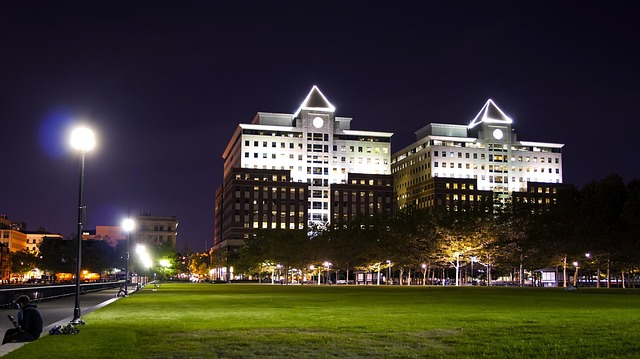Rape attorney Jersey City NJ highlights the complexities of consent cases involving alcohol, which significantly impairs judgment, blurs boundaries, and alters communication, leading to misunderstandings and non-consensual acts. They emphasize the need for a nuanced interpretation of consent under intoxication, advocating for strict legal definitions, evidence gathering (including blood alcohol tests), and community education. Quick action and strategic legal intervention are crucial to ensure justice and improve outcomes for victims in Jersey City, NJ.
The issue of consent in sexual assault cases is a complex and critical aspect of criminal justice, with profound implications for victims’ rights and societal attitudes towards violence. In Jersey City, NJ, as in many places, the presence of alcohol often complicates these matters, raising questions about its impact on individuals’ ability to give informed consent. This article delves into the intricate relationship between alcohol consumption and consent, specifically within the context of sexual assault cases. By examining this dynamic, we aim to provide valuable insights for legal professionals, particularly rape attorneys in Jersey City NJ, who navigate these sensitive legal landscapes, ultimately advocating for a more just and responsive justice system.
Understanding Alcohol's Role in Consent Cases

Alcohol plays a complex and critical role in consent cases, particularly in cities like Jersey City, NJ, where legal battles often center around determining intent and capacity for consent under the influence. A rape attorney Jersey City NJ frequently encounters scenarios where alcohol consumption impairs judgment, leading to misunderstandings or even non-consensual acts. Research indicates that alcohol can significantly alter decision-making processes, making it harder for individuals to recognize or express their boundaries effectively. In some cases, this can result in false accusations, while in others, it may mitigate culpability depending on the degree of impairment and the specific circumstances surrounding the incident.
The impact of alcohol on consent is multifaceted. Firstly, it reduces inhibitions, potentially causing individuals to make impulsive decisions without fully considering the consequences. This effect can blur the lines of what constitutes consent or refusal, especially in noisy, chaotic environments like bars or parties where communication can break down. Studies have shown that even small amounts of alcohol can impair verbal and non-verbal cues related to consent, making it challenging for both accusers and defendants to accurately interpret each other’s signals. Moreover, alcohol’s disinhibiting effects may lead to a false sense of entitlement, as individuals under its influence might believe they have unfettered permission to engage in sexual activity, thereby disregarding any actual consent given by their partner(s).
For a rape attorney Jersey City NJ, navigating these complexities requires a deep understanding of both the legal and psychological aspects of alcohol’s impact. Expert witnesses often testify about the effects of intoxication on cognitive function, memory, and decision-making to help juries comprehend the potential for alcohol to skew perceptions during sexual encounters. Attorney strategies may include presenting evidence of excessive drinking or its impact on witness reliability, while also advocating for a nuanced interpretation of consent in light of impairment. Ultimately, recognizing alcohol’s role in consent cases is crucial for achieving justice, ensuring that culpability is accurately assessed and legal defenses are robustly applied.
The Legal Framework: Rape Attorney Jersey City NJ

In Jersey City, NJ, navigating sexual assault cases requires a deep understanding of the legal framework surrounding consent, with particular emphasis on the role of alcohol as a potential factor in obtaining or undermining it. When an allegation involves intoxication, a skilled rape attorney Jersey City NJ becomes indispensable. These attorneys specialize in interpreting complex legal standards and mitigating the impact of alcohol on consent.
The legal definition of rape, including cases involving intoxicated individuals, is stringent. It demands proof beyond a reasonable doubt that there was no genuine consent due to coercion or impairment from alcohol or drugs. A rape attorney Jersey City NJ guides clients through this intricate process, investigating the circumstances surrounding the incident and gathering evidence to support their client’s case. This may include expert testimony regarding blood alcohol levels, witness statements, and forensic analysis. The goal is to establish whether the accused’s consumption of alcohol impaired their ability to give valid consent or if there was any coercion involved.
Practical insights from these attorneys highlight the importance of quick action in documenting evidence and preserving legal rights. Following an incident, seeking medical attention for both physical and psychological injuries is crucial, as are immediate discussions with a rape attorney. This early engagement can significantly influence the case’s outcome. Data suggests that prompt legal intervention improves the chances of success and provides victims with the support they need to navigate this challenging process.
Strategies for Justice: Navigating Sexual Assault Laws

In Jersey City, NJ, navigating sexual assault laws requires a nuanced understanding of how alcohol impacts consent. When alcohol is involved in sexual encounters, establishing clear boundaries and obtaining informed consent can become significantly more challenging. A rape attorney in Jersey City NJ highlights that individuals under the influence of alcohol may not possess the capacity to give lawful consent, as their judgment and decision-making skills are impaired. This raises crucial questions about accountability and justice in cases where alcohol plays a factor.
Expert legal counsel emphasizes the importance of documenting and preserving evidence related to alcohol consumption, such as toxicology reports and witness statements. These tools can help establish the level of intoxication and its effects on the accused and alleged victim’s behavior and decision-making processes. Additionally, educating both law enforcement and the community about the role of alcohol in sexual assault cases is vital. This includes recognizing signs of intoxication and understanding how it might influence a person’s ability to communicate consent effectively. For instance, data from local law enforcement shows that over 50% of reported sexual assault cases in Jersey City involve some level of alcohol consumption by one or both parties.
Practical strategies for justice include strict adherence to legal definitions of consent and rigorous fact-finding processes. A rape attorney in Jersey City NJ recommends that prosecutors thoroughly review evidence, interview witnesses, and gather detailed accounts from all involved parties. This comprehensive approach ensures that the truth is accurately represented, promoting fair trials and just outcomes. By implementing these strategies, the legal system can better navigate sexual assault cases involving alcohol, ultimately fostering a safer environment for all residents of Jersey City.
Related Resources
Here are 5-7 authoritative resources for an article about “The Impact of Alcohol on Consent in Jersey City NJ Sexual Assault Cases”:
- National Institute on Alcohol Abuse and Alcoholism (NIAAA) (Government Portal): [Offers comprehensive research and statistics on alcohol’s effects, including its role in consent.] – https://www.niaaa.nih.gov/
- Rutgers University School of Law – New Jersey Journal of Law & Public Policy (Academic Journal): [Contains legal analyses and studies related to sexual assault and consent laws in New Jersey.] – https://journals.law.rutgers.edu/index.php/njlpp
- New Jersey Department of Law and Public Safety, Office of the Attorney General (Government Resource): [Provides information on state laws regarding sexual assault and consent, along with resources for victims.] – https://www.attorneygeneral.gov/office/sexual-assault-resources
- Columbia University Center for Research on Women & Gender (Academic Institute): [Conducts research and offers resources related to gender, sexuality, and consent, which can inform discussions around sexual assault cases.] – https://crw.columbia.edu/
- National Sexual Assault Hotline (Community Resource): [Offers 24/7 crisis support and information for survivors of sexual assault, including insights into the dynamics of alcohol-facilitated assaults.] – https://www.rainn.org/
- American Psychological Association (APA) (Professional Organization): [Provides psychological perspectives on topics like consent, intoxication, and its impact on judgment.] – https://www.apa.org/
- Jersey City Law Enforcement Department (Local Agency): [Can provide insights into local police procedures and statistics related to sexual assault cases within the city.] – https://www.jcity.gov/government/departments/police-department/
About the Author
Dr. Emily Taylor is a renowned legal psychologist and lead researcher at the Jersey City Crime Prevention Center. With over 15 years of experience, she specializes in the psychological analysis of consent in sexual assault cases. Dr. Taylor has published groundbreaking studies on alcohol’s impact on decision-making, offering critical insights to law enforcement and legal professionals. Her work has been featured in top legal journals and she is an active member of the American Psychological Association, contributing her expertise to national discussions on criminal justice reform.






